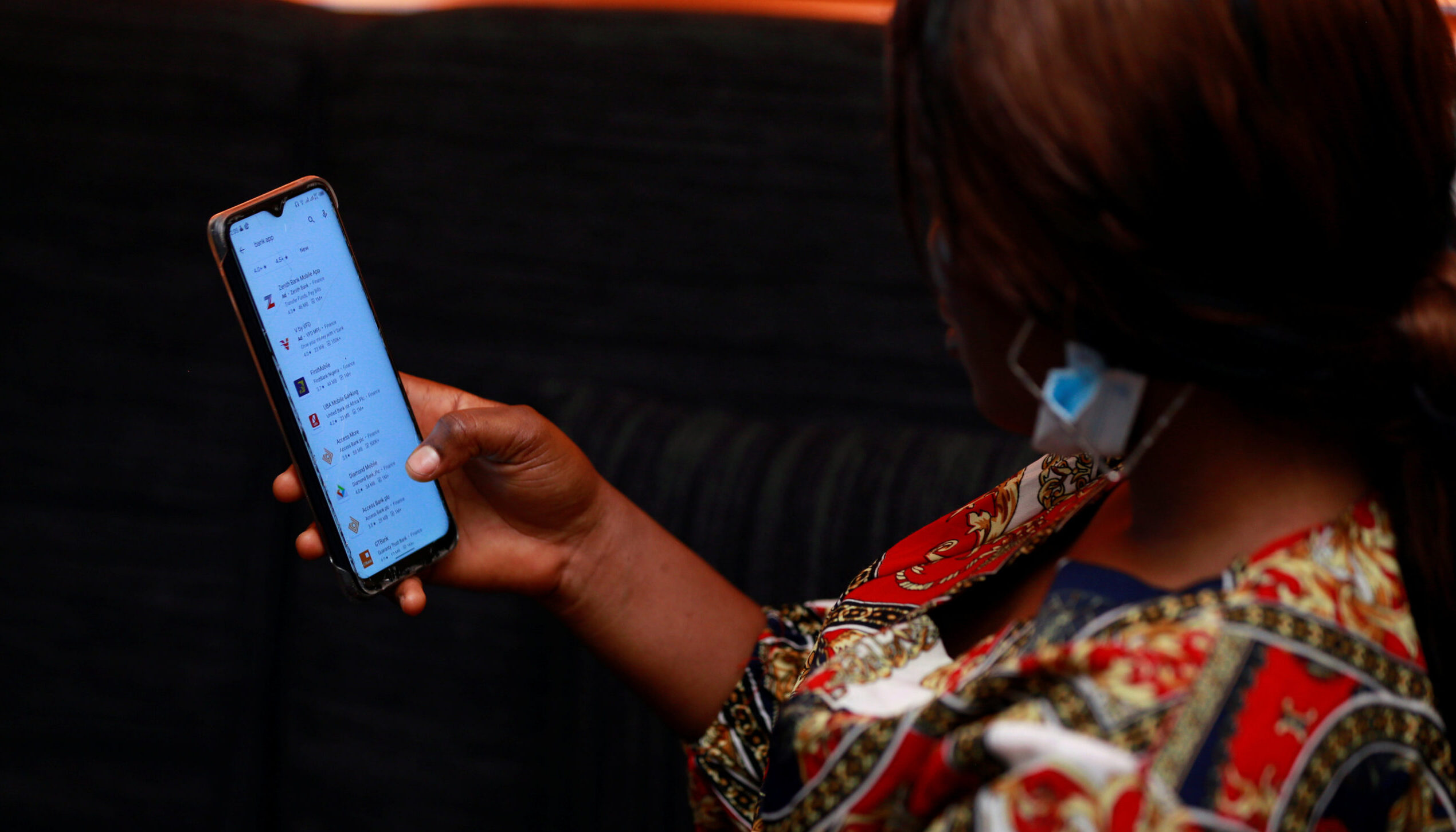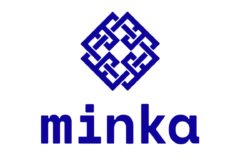On Friday morning, I took an impromptu trip from Abuja to Kaduna. The Bolt ride from Asokoro to the car park in Mabushi cost ₦1500 and I paid via transfer to the driver’s bank account. It was an OPay account. When I found a car heading to Kaduna, I offered to pay via transfer again but this time, the driver was skeptical. “We don’t take transfers here,” he told me in Hausa. “Except you use OPay. Do you have OPay?”
I don’t have the OPay app, but I use PocketApp and Carbon, which are also great alternatives. Despite trying to explain to him that my Carbon app would transfer his money to him in no time, he didn’t budge. “I only trust OPay. With that one, my money will reach me in no time. All these other ones will hold my money.” I understood the sentiment. Two days before, I went grocery shopping and made a payment into the store’s account. The payment was reversed to my account much later in the day.
The digital banking crisis
The naira redesign and subsequent cash shortage have made digital banking more challenging for Nigerians. Increased reliance on banking apps and USSD platforms has negatively impacted bank performance, putting strain on the already unsteady infrastructure of digital banking. Bank transfers often take longer than usual and failed transactions take up to ten days to be resolved.
An Access Bank source attributes these failures to a combination of network failures, higher traffic, and understaffing in IT departments.“These new banks (fintechs) do not have as many users and so it is easier for them to manage transactions efficiently. They also have stronger IT departments with enough people and resources to immediately tackle any problems their users might have. With us, you have millions of people transacting at the same time, and sometimes the fault even comes from telco networks and not us directly. ” The association of telcos have however since denied any responsibility in this.
How OPay is facilitating smooth transactions for users
While traditional banks have been drowning in negative PR, it has allowed non-traditional banks aka fintechs to display their competence. One such is OPay. The four-year-old platform has gone from being a regular fintech to becoming one of the most trusted means of transaction available currently. According to Femi Hanson, OPay’s PR & Communications manager, the company made a bet on cashless Nigeria and built a resilient infrastructure ahead of time. “We have significantly invested in our payment infrastructure to ensure our system can withstand a cashless environment. We believe that peer-to-peer payments are the future of payments in Nigeria, so we were not caught unaware, we were prepared for new users and built the technology infrastructure that supports it,” he shared with TechCabal.
The company has witnessed a sharp rise in the volume of transactions — especially OPay to Opay transactions— which are easier to process. With their number of users at about 26 million, the company has also experienced an influx of new users in the past two months and believes that the number will continue to grow. Hanson shared that the cash redesign has had a positive impact on the business. “We have seen the strongest metrics, from transaction volume to DAU & MAUs. We currently have over 26 million app downloads, and in the last few months, we have gained a significant number of first-time users. We will keep growing as more consumers come to trust OPay as a reliable, fast, and safe platform.”
While OPay is not the only Nigerian payment fintech with fast, efficient transactions, they have penetrated the heart of the Nigerian market with a super app that provides users with a single service to manage all their payments in a simple, quick, and secure platform. OPay took offline marketing seriously, and that has paid off at a crucial moment. It is currently the biggest consumer-focused fintech player in Africa, according to The Payment Infrastructure.
Hanson includes that it’s not all roses at OPay. “We have experienced some challenges in recent times because our infrastructure is resilient and we have been able to adjust quickly to transaction demand. However, most transactions have to go through other players whose infrastructure might not be as resilient as ours. We have seen some of this recently and that’s an ecosystem challenge that we have to address.”





















